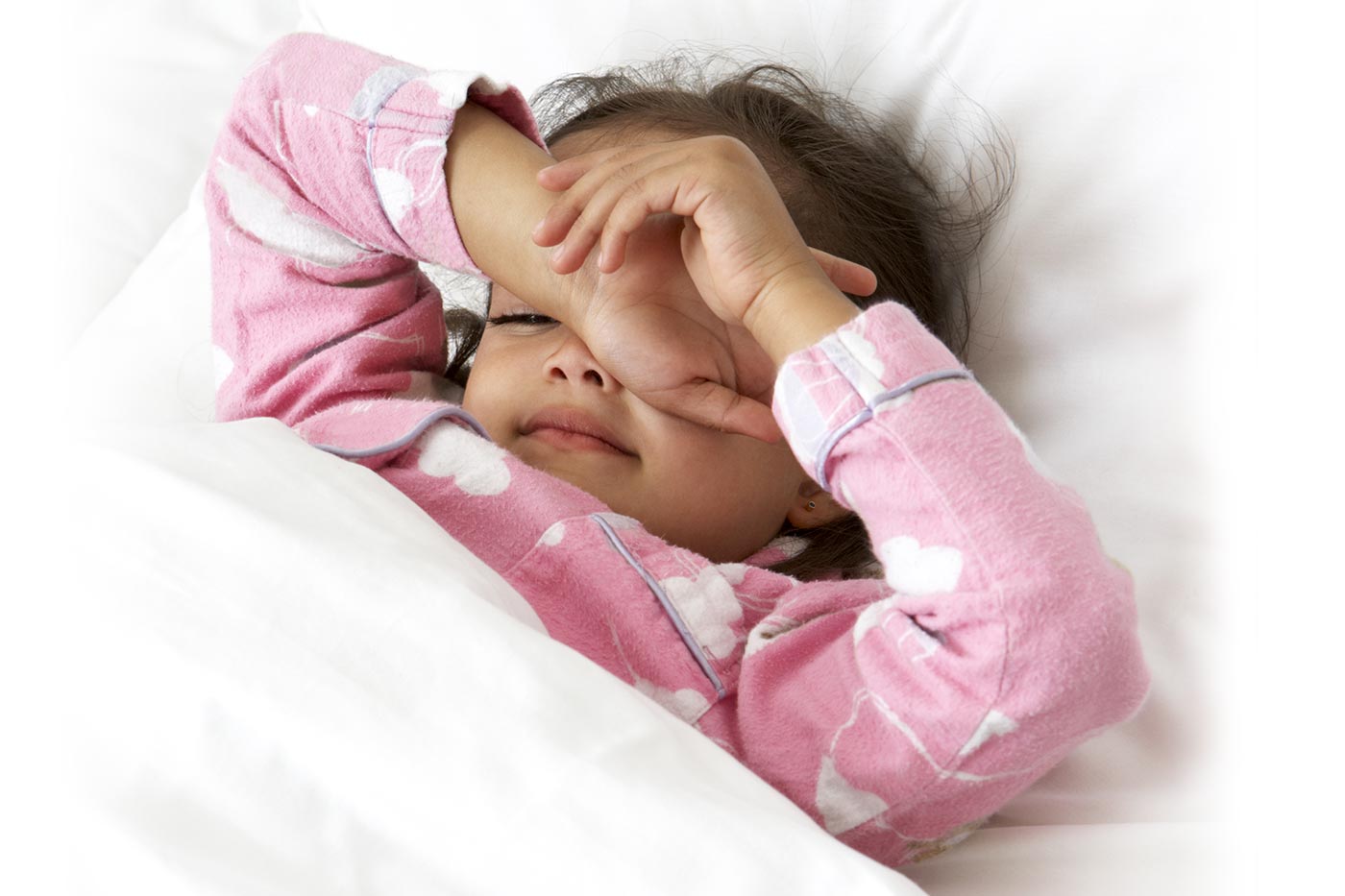About Toddler Night Screams Sudden Waking Up Dr Shaheena Athif

Why Does My 15 Month Old Wake Up Screaming At Night Tipseri New born's usually sleep throughout the night for around 7 to 8 hours and in the day time around again 8 to 9 hours so total all in all the baby sleeps arou. These are the most common reasons a baby will wake up screaming: hunger. infants have small stomachs, which means they'll be hungry much more frequently than older babies and toddlers. some brand new babies will eat as frequently as every hour or two, nursing or taking a bottle between 8 and 12 times a day. gas.

My Toddler Wakes Up Screaming Learn Why What To Do Toddler Screaming Toddler Sleep Toddler Toddler night wakings are especially painful as they can cry longer than infants, and are harder to reassure than older children. one of the most common causes of night wakings in infants, toddlers, and even older children is inappropriate sleep onset associations. this is a disorder which will respond to behavioral management (or sleep training). Here are some other causes of night terrors in toddlers: stress. anxiety due to significant life changes, like a new sibling or starting preschool, may be behind terrors. excess fatigue. too few zzzs or an erratic sleep schedule can play a role. sickness. a fever or certain medications are two other potential causes. Sleep regularity is one of the best strategies to promote more sleep. tip #4: encourage self soothing habits and independence at bedtime night. the way a child falls asleep at night can impact the quality of sleep at night. if your child needs a lot of assistance to fall asleep, this can lead to frequent night wakings at night. Provide low key reassurance. don't pick her up and don’t talk to her too much. the idea is to help your toddler learn how to comfort herself. instead, gently pat her on the back, whispering “shhh…” or “it’s okay.”. if your toddler has woken up because of a nightmare, reassure her that it wasn’t real and she’s safe.

3 Year Old Waking Up At Night How Can You Help New Health Advisor Sleep regularity is one of the best strategies to promote more sleep. tip #4: encourage self soothing habits and independence at bedtime night. the way a child falls asleep at night can impact the quality of sleep at night. if your child needs a lot of assistance to fall asleep, this can lead to frequent night wakings at night. Provide low key reassurance. don't pick her up and don’t talk to her too much. the idea is to help your toddler learn how to comfort herself. instead, gently pat her on the back, whispering “shhh…” or “it’s okay.”. if your toddler has woken up because of a nightmare, reassure her that it wasn’t real and she’s safe. 10) they have an earache. another possible reason your toddler’s waking up at night may be because of an earache. ear pain can get worse when lying down thanks to pressure changes in the middle ear. pain in the ear can be caused by a range of things such as an ear infection, swimmer’s ear, ear wax, or even teething. During night terrors, your child may suddenly sit upright or jump out of bed and scream, shout, or mumble incoherently. they may have a faster heart rate than normal and be sweating. these.

Toddler Waking Up At Night And Not Going Back To Sleep 10) they have an earache. another possible reason your toddler’s waking up at night may be because of an earache. ear pain can get worse when lying down thanks to pressure changes in the middle ear. pain in the ear can be caused by a range of things such as an ear infection, swimmer’s ear, ear wax, or even teething. During night terrors, your child may suddenly sit upright or jump out of bed and scream, shout, or mumble incoherently. they may have a faster heart rate than normal and be sweating. these.

Comments are closed.